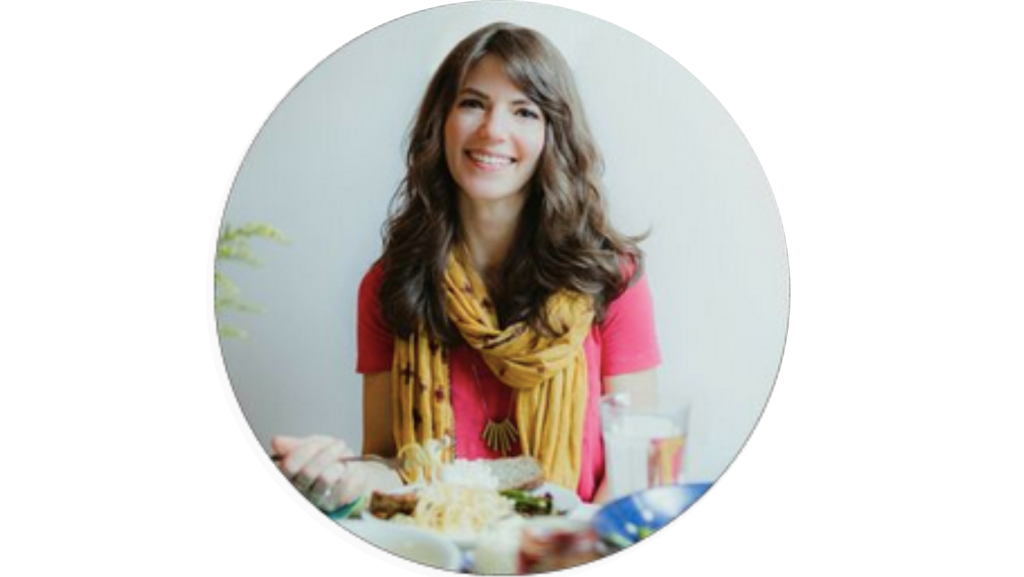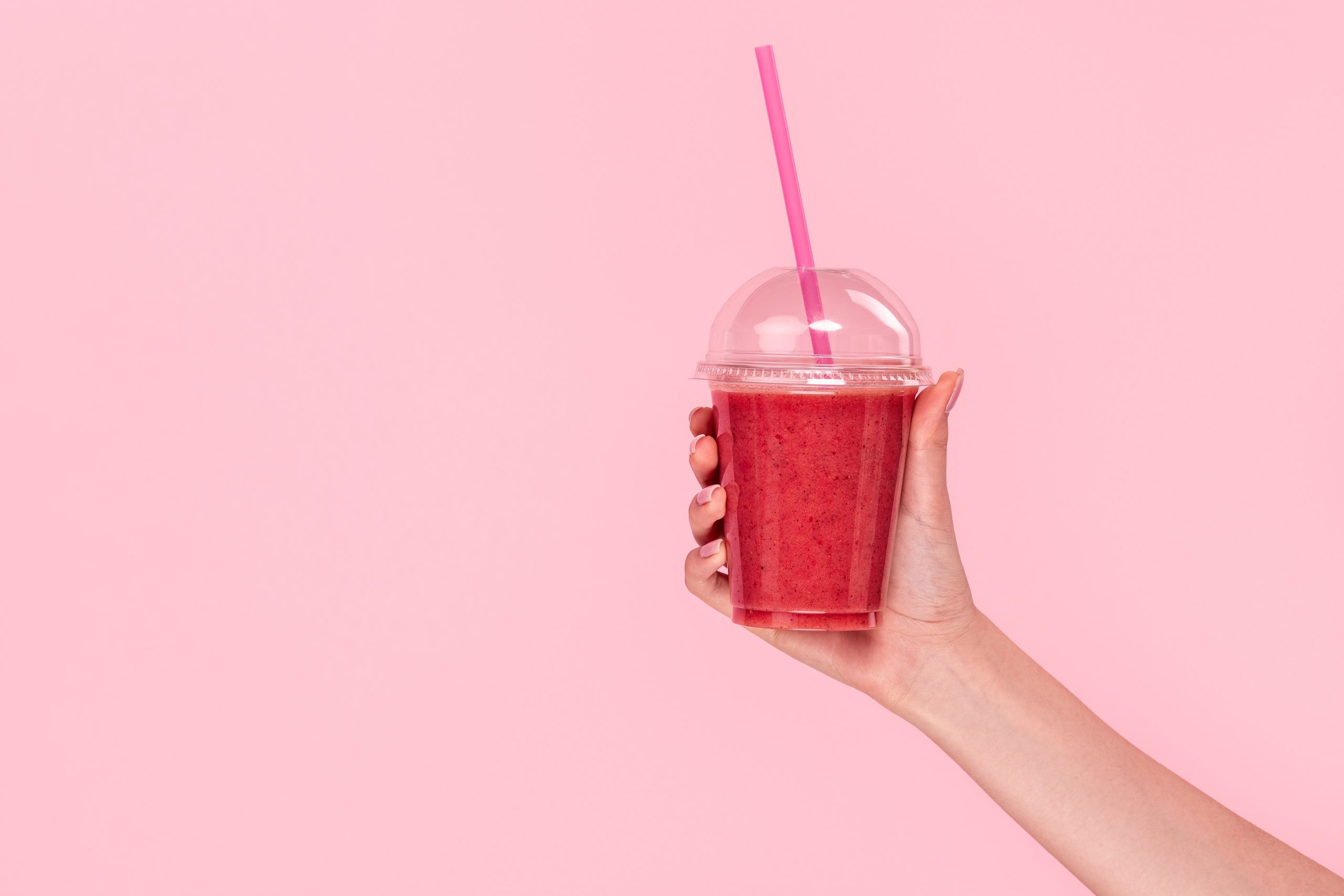What is diet culture?
Diet culture is the system of beliefs that idealizes eating a certain way in order to obtain a particular body shape. It associates thinness with higher social status and moral value. At the same time, it demonizes certain ways of eating, and attaches shame to “unhealthy” food choices and certain body types.
Diet culture is everywhere: On social media and TV, in books and magazines … and in conversations with our friends and family. We often don’t even notice this narrative because it’s so normalized in our society. Often, diet culture messages are disguised as “wellness”, “healthy”, “clean”, or “detox”, but really … they’re just diets.
The bottom line is that food is not “good” or “bad”.
When we deprive ourselves of certain foods, we are telling ourselves that those foods are “bad”, and when we do eat them, we we have feelings of guilt and failure.
Research shows that long-term weight loss is impossible for 95-98% of people, which means that sooner or later, you will gain back the weight you lost (1). This benefits the diet industry - which is worth billions of dollars - because it knows people will keep coming back again and again. This is due to the pervasive belief that "thinness" is equal to "health", and that body types outside of a narrow range are considered unhealthy.

What are fad diets?
Any program that offers a structured, restricted or specific eating plan in the name of “health" or “wellness” is just a diet in disguise (1). Often these diets will encourage restricting or eliminating certain foods (like carbs) entirely, and promote excessive exercise, supplements and other products. They’ll promise weight loss, increased energy or improved mood with no evidence that they actually work [2]. Because of how complex and restrictive they are, diets can’t be followed long term.
So, how do we reject the diet mentality?
- Stop. And then think about all of the places you see diet culture messaging.
- Listen to (and question) that voice in your head telling you how, what and when to eat.
- Avoid conversations centred around size, shape, weight or food intake. Instead of telling someone they look great, try simply telling them how much you appreciate them!
- Practice body neutrality by focusing on what your body can do right now, in the present, rather than what you want it to look like. There are a broad range of ways to be healthy, including including diverse body types and eating patterns.
- Unfollow social media accounts or online forums that promote thinness and “wellness diets”. Get rid of magazines and books that promise weight loss, and realize that you are not a failure if you’ve tried to eat a certain way or lose weight and it didn’t work. In the meantime, here are some anti-diet accounts we think you might like:
Remember: To really embrace intuitive eating, you have to let go of any hope that one day a diet will come along that will help you to lose weight forever. You need to trust your body. This is no easy task, and that’s why we encourage you to chat with trusted family and friends about your intuitive eating journey.
Check out the resources linked here, and get curious! This is a process and change doesn’t happen overnight.
BEFORE YOU GO: This program is not a replacement for eating disorder treatment. If you suspect you have an eating disorder, don't hesitate to reach out to us (see below), or any other trusted health professional for support and guidance.
Connect with us!
UBCO’s Registered Dietitian, is here to help!
And for nutrition tips, recipes, and more, visit the UBCO Food Services Nutrition Blog.

References
- Comparison of dietary macronutrient patterns of 14 popular named dietary programmes for weight and cardiovascular risk factor reduction in adults: systematic review and network meta-analysis of randomised trials | The BMJ
- The Truth About Weight Loss Success Stories: christyharrison.com



















